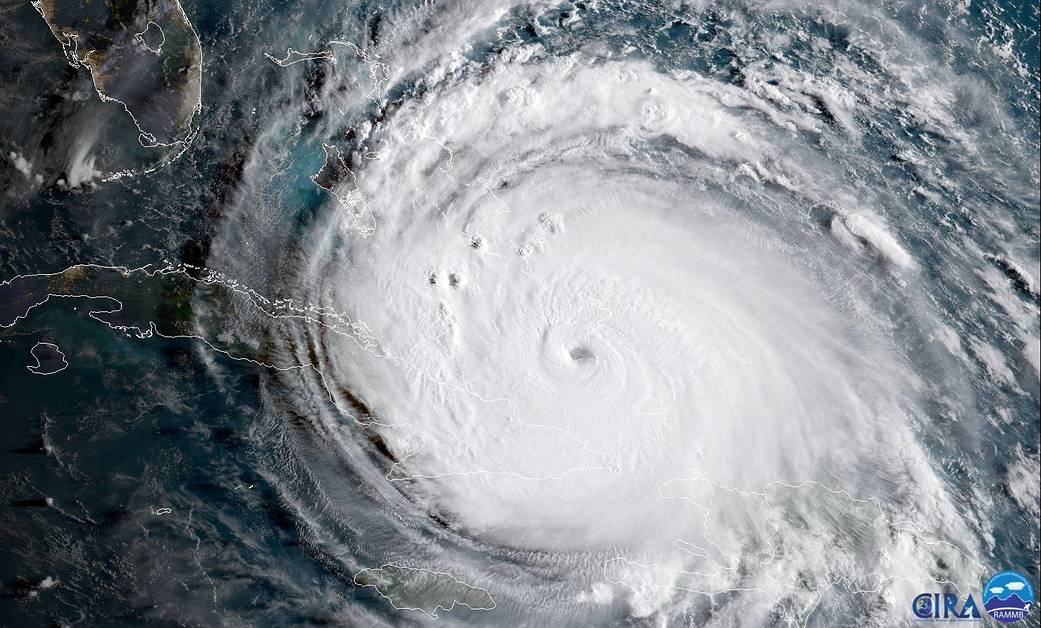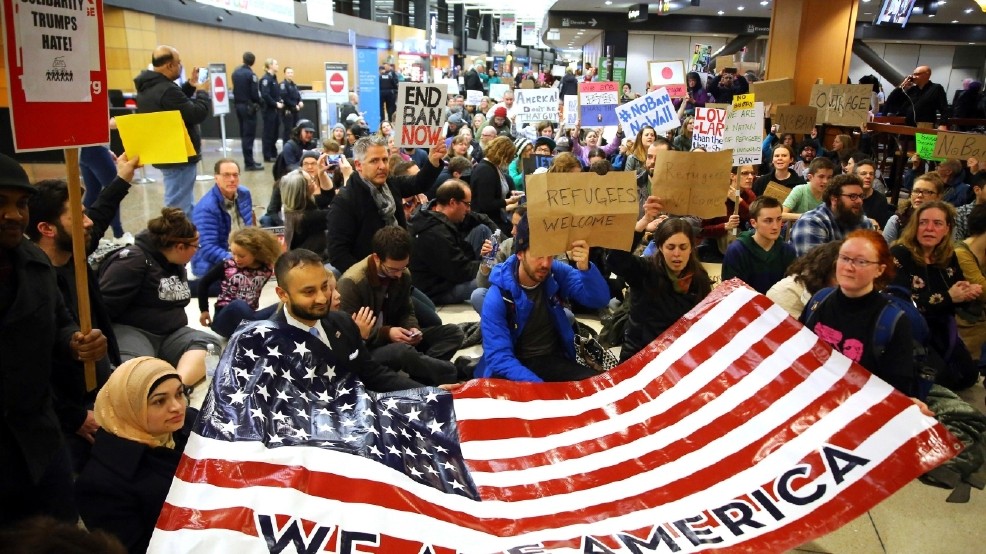Help More Domestic Violence Survivors Survive by Strengthening Food Assistance

 In 2017, 40 million people lived in a food-insecure household (meaning that their family struggled to acquire enough food to meet their family’s needs). Low-income individuals – including families with children, people with disabilities, veterans, adults between jobs, and seniors – struggle to afford food to maintain an adequate diet throughout the month on low wages and modest food assistance from the Supplemental Nutrition Assistance Program (SNAP). Many SNAP recipients are also survivors of domestic violence (DV), and we know that SNAP is a critical resource in their lives. In fact, individuals experiencing food insecurity have significantly higher levels of intimate partner violence or stalking within the last 12 months than people who were food secure.
In 2017, 40 million people lived in a food-insecure household (meaning that their family struggled to acquire enough food to meet their family’s needs). Low-income individuals – including families with children, people with disabilities, veterans, adults between jobs, and seniors – struggle to afford food to maintain an adequate diet throughout the month on low wages and modest food assistance from the Supplemental Nutrition Assistance Program (SNAP). Many SNAP recipients are also survivors of domestic violence (DV), and we know that SNAP is a critical resource in their lives. In fact, individuals experiencing food insecurity have significantly higher levels of intimate partner violence or stalking within the last 12 months than people who were food secure.
While domestic violence occurs across the socio-economic spectrum, low-income survivors face unique challenges leaving an abusive relationship and recovering from the impacts of abuse, and abuse often leads to poverty for survivors not previously considered low-income. Ending an abusive relationship may mean that a survivor of domestic violence loses access to a partner’s income, housing, employment, health care, or child care – at the same time that she may face medical, legal, or relocation costs. Like other public benefit programs, such as housing assistance, SNAP not only allows survivors to meet basic needs for themselves and their families but also provides an essential bridge to safety and long-term economic stability.
“SNAP is a life-line for domestic violence [survivors]. Most DV clients I have worked with leave only with the clothes on their backs or whatever they can carry, [and] SNAP provides one of life’s necessities [without which they would] return to a very bad situation. It is an essential program that [survivors] could not do without.” – Voices from the Domestic Violence Field
In a recent survey conducted by the National Resource Center on Domestic Violence (NRCDV), over 80% of the DV and sexual assault advocates and service providers who responded indicated that most DV survivors rely on SNAP to help address their basic needs and to establish safety and stability. SNAP is especially critical for DV survivors who also identify with communities that are more likely to participate in SNAP: women (particularly women of color), people with disabilities, and LGBTQ people (especially disabled LGBTQ people and bi+ women).
We said it last April after the last Trump Budget proposed slashing SNAP funding, and we’ll say it again—cutting SNAP benefits would take food away from survivors, and force too many survivors to make the untenable choice between their safety and feeding their families. As the Farm Bill Conference Committee continues negotiations for a final Farm Bill, the Conference Committee should reject the proposals in the House Farm Bill that, if enacted, would take food assistance away from survivors. Instead, the Conference Committee should endorse the bipartisan Senate Farm Bill’s provisions that protect SNAP.
More specifically, a final Farm Bill should do the following:
- Empower DV survivors raising children on their own by rejecting the House Farm Bill’s unnecessary mandate for single parents to participate in the federal child support enforcement program. Single parents, most of whom are mothers, have many reasons for not pursuing child support enforcement (such as maintaining custodial agreements and safety risks like disclosing their new location). Current law allows states to decide whether or not SNAP recipients in their state must participate in the federal child support enforcement program, and few states have adopted this mandate. Conferees should follow the Senate Farm Bill’s approach and not include this mandate. DV survivors should never have to choose between SNAP benefits and their safety.
- Reject the House Farm Bill’s proposal to eliminate state flexibility on SNAP asset tests and to cut $5 billion in SNAP benefits over 10 years. Eliminating this state flexibility, called “broad-based categorical eligibility,” would also eliminate children’s direct connection to free school meals, which the Congressional Budget Office estimated would cause 265,00 children to lose access to their free school meals. Conferees should instead adopt the Senate Farm Bill’s approach of continuing to give states flexibility through broad-based categorical eligibility.
- Invest in meaningful efforts to increase access to employment and training opportunities, and not impose punitive policies that would take food away from families. DV survivors face challenges obtaining and maintaining employment including ongoing abuse or harassment by their abuser, ruined credit scores and rental histories, needing to take time off work to attend court hearings, and otherwise recovering from the short- and long-term impacts of the violence. The House Farm Bill proposes expanding punitive work requirements in ways that would further penalize survivors across the country who are trying to feed and care for their families and find quality work. Conferees should reject the House bill’s approach and adopt the Senate bill’s approach of supporting work by building on current SNAP work provisions and Employment and Training (E&T) demonstrations.
- Reject proposals to increase paperwork requirements. DV survivors must navigate a complex set of safety and economic challenges to find safe shelter, medical care, protective orders, and child care. Conferees should reject the House Farm Bill’s proposals that, if enacted, would increase paperwork requirements. Instead, Conferees should continue to streamline and modernize SNAP operations so more survivors can access SNAP to put food on their tables.
“Everyone deserves to be able to eat healthy meals daily…Most DV and SA [survivors] just need a little assistance, and they want to be treated with respect and dignity until they can do it on their own again.” – Voices from the Domestic Violence Field
As Members of Congress return from recess, they have the chance to pass a final Farm Bill that protects and strengthens SNAP so that survivors and their families can put food on their tables with dignity.





